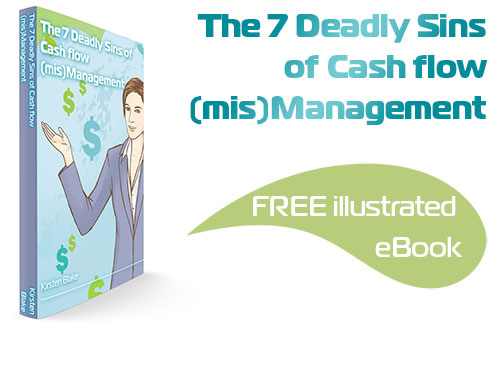

Let's Chat!
Tailoring the right solution for each business is what we are passionate about. Based on an initial chat with you, we'll be able to prepare a unique proposal for you and your business. We are based in Brisbane
Take a moment to connect with us using the form below, or call us directly on:
1300 255 337 (Mon. to Fri. 10 am - 4 pm):
Wages and salaries paid to an employed director are subject to the same superannuation guarantee law as any other employee.
Directors fees, paid to a company director, are considered to be ordinary time earnings and therefore superannuation is applicable.
However, payment for the performance of responsibilities as a member of an executive body, such as a body corporate, may be deemed wages or salary which may not be “ordinary time earnings”, and therefore superannuation is not applicable to these payments.
If a director is engaged as a contractor principally for their labour then the ATO would deem them an employee for superannuation purposes. A director may legitimately be engaged as a contractor and yet superannuation may still be applicable.
Dividends paid to a director of a company are not subject to superannuation.
According to the ATO Superannuation Guarantee Eligibility Tool, a contracted director who directly invoices the business, and who receives director fees is eligible for superannuation. However, a director invoicing through a company is not eligible for superannuation to be paid by the business, because the director is deemed to be an employee of the entity invoicing the business.
This tool contradicts other advice and interpretations that would state if a company director receives remuneration for services as a company director then it is considered payment as an employee and superannuation would be required.
Note that an employed director must pay their own superannuation guarantee as they would for any of their employees. The rules are not different for a director of their own company - contrary to the opinion of many business owners, directors don't get to make up their own rules about the payment of their own superannuation.
Salary Sacrifice
If a director is employed, then they can enter into an effective salary sacrifice arrangement, (see below for more detail on sacrificing to superannuation). However, if a director is paid, for example, an annual fee which is not defined as wages or salary, they might not be allowed to sacrifice into superannuation.
A company may have an agreement with their director/s to pay a half-yearly and/or annual bonus. Often this will be sacrificed to superannuation. The same rules apply as for any other employee, that there should be an agreement in place ahead of time that relates to future earnings. The agreement may state something in general terms, for example, “agreed director's fee or end of year salary bonus” even if the exact amount is not determined until the end of the year.

Subscribe by email and instantly get FREE Illustrated eBook. Adequate ‘positive’ cash flow is essential for the survival of any business, yet this is something that over 50% of small business owners struggle to manage.


